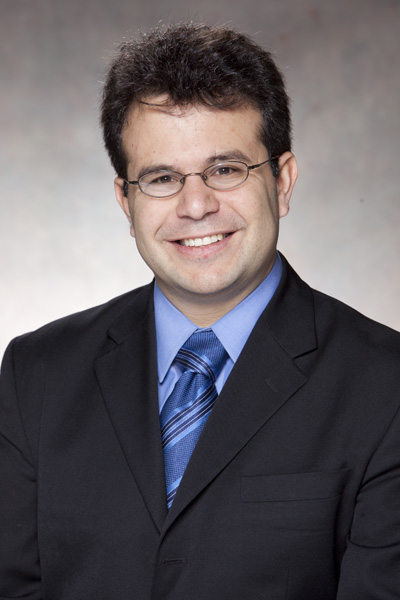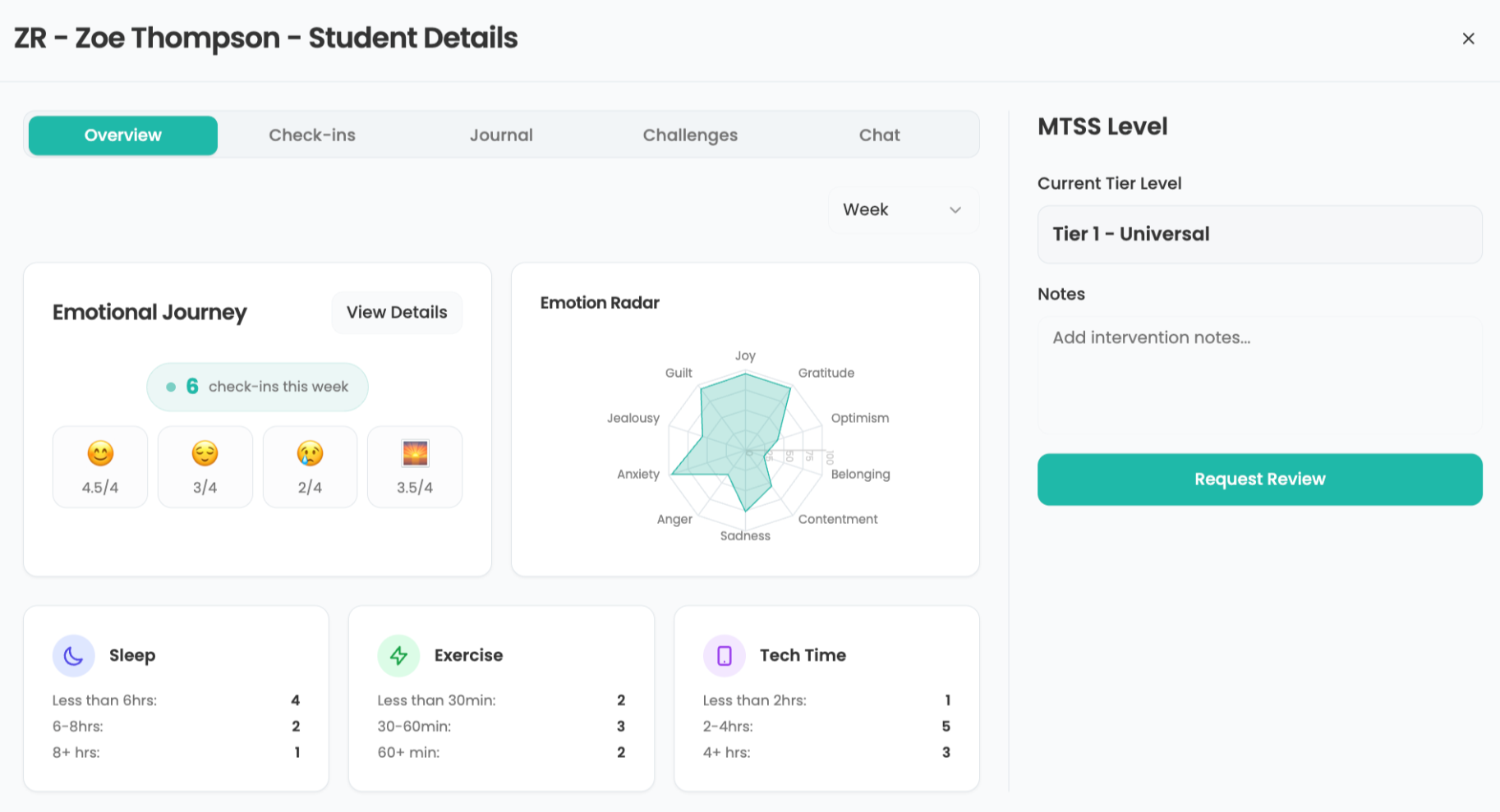Chris Lehmann(2)

Chris Lehmann is founding principal of the Science Leadership Academy, a progressive science and technology high school in Philadelphia. Lehmann returned to his native city after nine years as an English teacher and technology coordinator at New York’s Beacon School, known for its integration of technology. While there, he was honored by the youth-development organization MOUSE as a Champion of Technology and by the National School Board Association in 2006 as one of “20 to Watch” among American educators. He is the author of the education blog Practical Theory (www.practicaltheory.org).
T&L contributing editor Matt Bolch spoke with Mr. Lehmann about the state of STEM education.
1. Is the push toward STEM education working? Why or why not?
I think the push toward STEM education is working in that schools are focusing on STEM more, but the question is are we doing it in the most productive ways? STEM education is good, not just because STEM is important, but because issues in science, technology, engineering and math can be a wonderful entry into an inquiry-driven education. Developing a scientific lens on the world will help students become better and more informed citizens of the world. However, if a push for STEM education just means that we search for more ways to test STEM subjects, we will miss the promise of STEM education.
2. What do teachers need to do to promote interest in science and mathematics?
We have to make STEM education relevant to the lives students lead. We have to help students to see the relevance and importance of STEM education by teaching them how to ask powerful questions and then seek out the answers. We have to help students to see the links between science and society, so that STEM education is not taught in isolation, but as a powerful component of a civic-minded education.
3. And where do technology-specific schools like yours fit into the overall picture?
I don't think of SLA as a technology-specific school; I think of it as a modern school. We don't "teach technology" at SLA, we use the tools at our disposal to try to craft a rich and meaningful learning experience for everyone at the school. When adults in the workplace (or at home) work on a laptop, we don't think of them as doing a "laptop project," but that's what happens in most schools. At SLA, we try to help students learn using whatever technology makes the most sense. Often, that's the laptop, sometimes that's a great book, and sometimes, it is pencil and paper. What I hope is that SLA can serve as a model for how the intersection of progressive pedagogy and 21st century tools can create schools that are authentic and powerful for all.
Tools and ideas to transform education. Sign up below.
